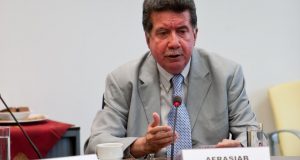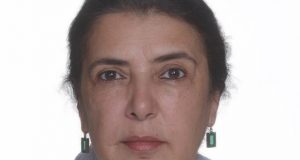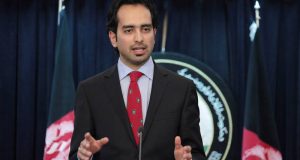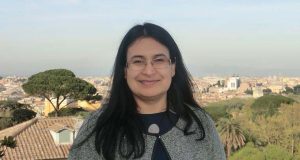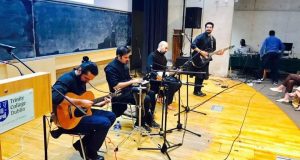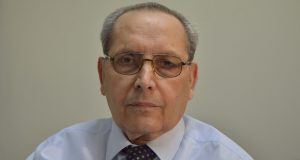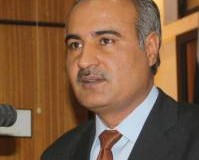The gloves are coming off as the creeping coup is entering its final stage and is going for the kill. We have been told that the JIT is an extension of the Supreme Court. We already know that it’s also an extension of the premier intelligence agencies of the country that are part and parcel of the security establishment. These ...
Read More »Popular Opinions
The rise of clerics as the new class in Pashtun society
In the contemporary era of War on Terror, one often hears the words Mullah/Taliban and Pashtun carelessly associated with each other in Pakistan, as if there is some synonymity between the two. More often than not, such associations are intended to place the entire burden of the rise of religious extremism on Pakhtun society while absolving more powerful actors of ...
Read More »The myth of accountability
Although the Supreme Court is expected to take up the inquiry report of the JIT against the Sharif family on Monday, but it seems to be a mere formality as the cheerleaders of the creeping coup are determined to force the Apex Court to sack the elected Prime Minister of the country. By now it’s pretty clear that in actual ...
Read More »Baloch in the eye of storm
It has become almost a norm for Balochistan to make it to the headlines during every regional crises situation in the last so many decades. Afghanistan was accused by Pakistan for supporting Baloch nationalist uprisings that started in 1973 after the unconstitutional dissolution of the elected provincial government of Baloch nationalists by the Zulfiqar Ali Bhutto led federal government of ...
Read More »Pakistan won’t change its support for terrorism inside Afghanistan
The May 31 Kabul truck bomb attack, the worst since 2001, shows that Pakistan won’t change its support for terrorism inside Afghanistan unless there is a strategic shift in US policy towards Pakistan. How Ghani’s appeasement towards Pakistan has worsened the situation inside Afghanistan. Afghan president Ashraf Ghani referred to Pakistan nine times in his 36-minute speech at the Kabul ...
Read More »Inspire and Burn in Hell- Brzezinski!
Zbigniew Brzezinski was a well known American-Polish scholar of International Relations and a former American National Security Advisor who served during the Carter administration (1977-1981). He profoundly influenced US policy in dealing with tumultuous world events during the late 1970s, such as the Soviet invasion of Afghanistan (1979) and the Islamic Revolution in Iran (1979). The US policy along with ...
Read More »The Role of Music in Islam – Keynote speech by Shaykh Dr. Umar Al-Qadri
On the evening of Monday, May 22, a group of Pashtun musicians from Peshawar lit up the Edmund Burke Theatre at Trinity College, Dublin with their electrifying, energetic instrumental folk sound, based on Pashtun tunes, fused with western instruments. Khumaryaan performed to a packed theatre with a big turnout of people originally hailing from Afghanistan and Pakistan. The concert involved ...
Read More »Justice for Mashal
Writing about the lost blood of the wretched of the earth, Faiz Ahmad Faiz, the outstanding progressive poet of Urdu in the 20th century, says in his poem “No trace of blood”: Neither on the hands and nail of the slayer Nor any sign on the sleeve No redness in the dagger’s edge No any colour on spear’s head No ...
Read More »Where Pakistan stands in multi-polar world?
I think when Dr Tariq was writing his book‘the death of a state” it was the early 70s. In his canvas there was forsaken of’lesser Muslims’ in the then East Pakistan, nucleation of the eyes of the eldest son of the Nawab Attaullah Mengal and Sukkur tribunal with civilian Martial administrator on the top. The canvas is the same today ...
Read More »Civil society and civic life in Afghanistan
It is interesting to note that electronic media has taken longer strides than print media in the war-torn country. The evolution of the concept of civil society over the past several hundred years makes an interesting study. Hobbes, Locke, Hegel, Marx, Tocqueville and Gramsci took hard efforts to construct the concept of civil society at various phases and eras of ...
Read More » Pashtun Times Latest News
Pashtun Times Latest News
